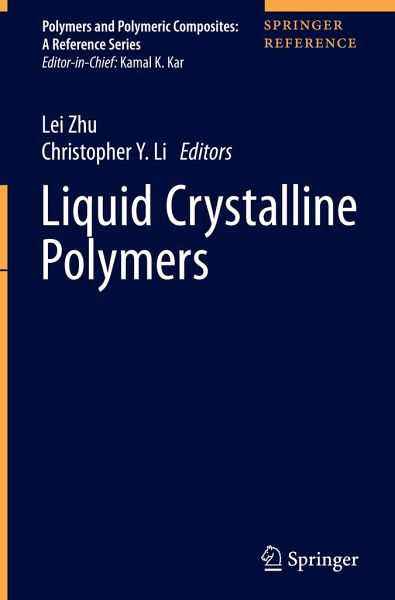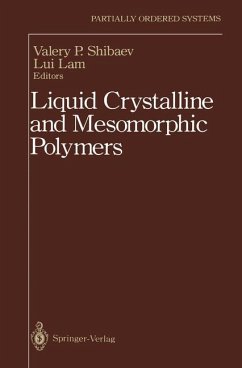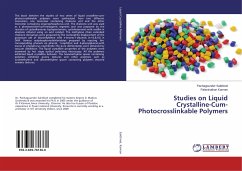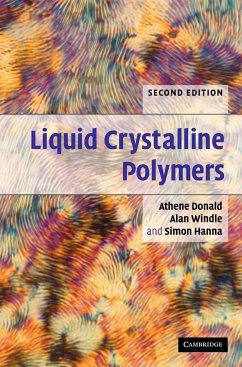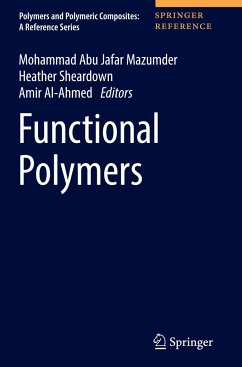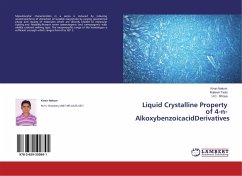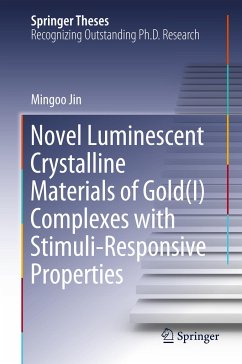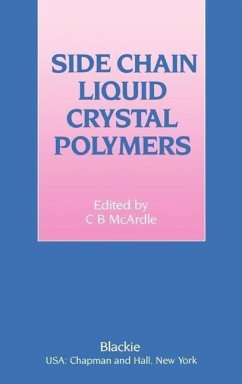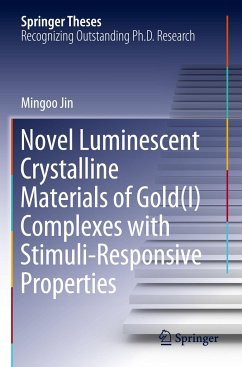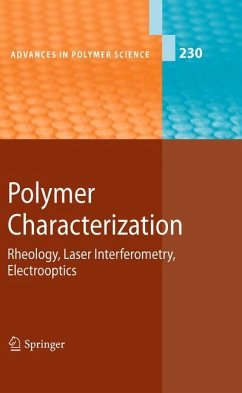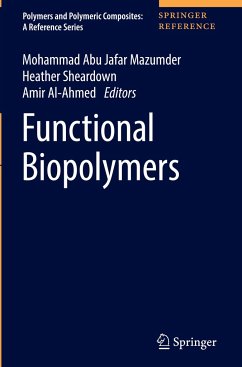Prof. Lei Zhu received his B.S. degree in Materials Chemistry in 1993 and M.S. degree in Polymer Chemistry and Physics in 1996 from Fudan University. He received his Ph.D. degree in Polymer Science from the University of Akron in 2000. After a 2-year postdoctoral experience at the Maurice Morton Institute, University of Akron, he joined the Institute of Materials Science in the Department of Chemical, Materials and Biomolecular Engineering at the University of Connecticut as an Assistant Professor. In 2007, Lei was promoted to Associate Professor with tenure. In 2009, he moved to Department of Macromolecular Science and Engineering at Case Western Reserve University as an Associate Professor. Lei was promoted to Full Professor in 2013. His research interests include high ¿ polymer and organic-inorganic hybrid nanomaterials for high energy density capacitor applications, development of artificial antibody as nanomedicines, and supramolecular selfassembly of discotic liquid crystals. Lei a is recipient of NSF Career Award, 3M Non-tenured Faculty Award, DuPont Young Professor Award, and Rogers Teaching Excellence Award. He is author/co-author of 190 refereed journal publications and 9 book chapters. He delivered over 170 invited talks and 45 contributed presentations. Prof. Christopher Li is a Professor in the Department of Materials Science and Engineering at Drexel University. He received his B.S. degree in Polymer Chemistry from the University of Science and Technology of China in 1995 and his Ph.D. in Polymer Science from the University of Akron in 1999. After working as a postdoc at the Maurice Morton Institute of Polymer Science, University of Akron, for 2 years, he joined the Department of Materials Science and Engineering at Drexel University in 2002 as an Assistant Professor and was promoted to Associate and Full Professor in 2007 and 2011, respectively. His research interests center on the structure and morphology of polymers and soft materials for energy and biomedical applications. Christopher is a Fellow of the American Physical Society and the North American Thermal Analysis Society (NATAS). He served as the President of NATAS in 2016. Christopher is a recipient of the National Science Foundation Career Award, 3M Non-tenured Faculty Award, and DuPont Young Professor Award among others. He is author/co-author of over 170 refereed journal publications and book chapters. Series Editor-in-Chief: Dr. Kamal K. Kar is Professor, Department of Mechanical Engineering and Materials Science Programme, and Champa Devi Gangwal Institute Chair Professor since 2019 at the Indian Institute of Technology Kanpur (IIT Kanpur), India. He is the former Head of the Interdisciplinary Programme in Materials Science from 2011-2014, and Founding Chairman of Indian Society for Advancement of Materials and Process Engineering Kanpur Chapter from 2006 to 2011. Prof. Kar pursued higher studies from Indian Institute of Technology Kharagpur, India, and Iowa State University, USA before joining as a Lecturer in the Department of Mechanical Engineering and Materials Science at IIT Kanpur in 2001. He was a BOYSCAST Fellow in the Department of Mechanical Engineering, Massachusetts Institute of Technology, USA in 2003. Prof. Kar is an active researcher in the area of nanostructured carbon materials, nanocomposites, functionally graded materials, nanopolymers, and smart materials for structural, energy, water and biomedical applications. His research works have been recognized through the office of (i) Department of Science and Technology, (ii) Ministry of Human Resource and Development, (iii) National Leather Development Programme, (iv) Indian Institute of Technology Kanpur, (v) Defence Research and Development Organisation, (vi) Indian Space Research Organization, (vii) Department of Atomic Energy, (viii) Department of Biotechnology, (ix) Council of Scientific and Industrial Research, (x) Aeronautical Development Establishment, (xi) Aeronautics Research and Development Board, (xii) Defence Materials and Stores Research and Development Establishment, (xiii) Hindustan Aeronautics Limited Kanpur (xiv) Danone research and development department of beverages division France, (xv) Indian Science Congress Association and (xvi) Indian National Academy of Engineering. Prof. Kar has published more than 210 papers in international referred journals, 135 conference papers, 5 books on nanomaterials and their nanocomposites, 35 review articles/book chapters and more than 55 national and international patents. He has guided 18 PhD students and 77 M.Tech students. Currently 17 PhD students, 10 M.Tech students and few visitors are working in his group.
